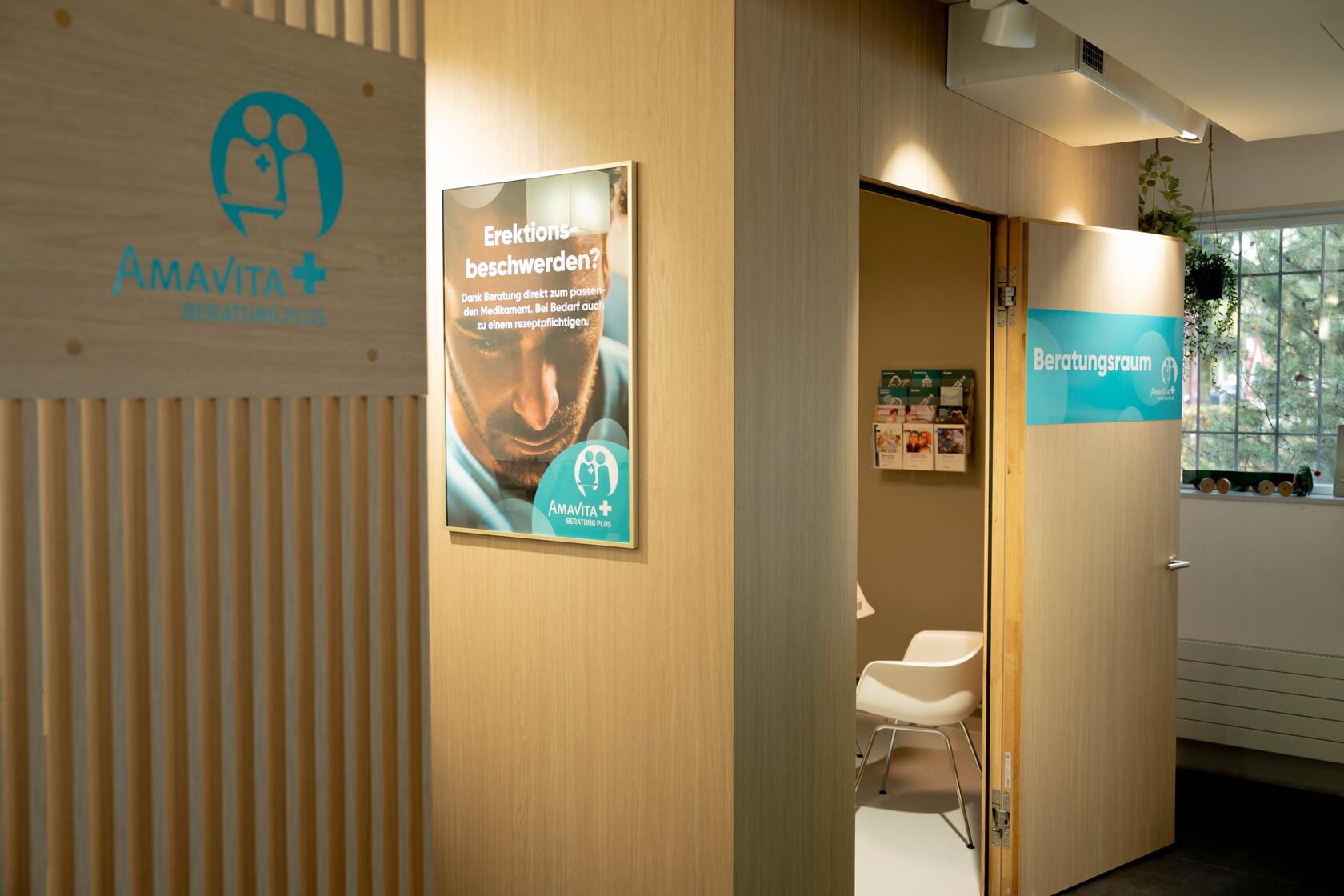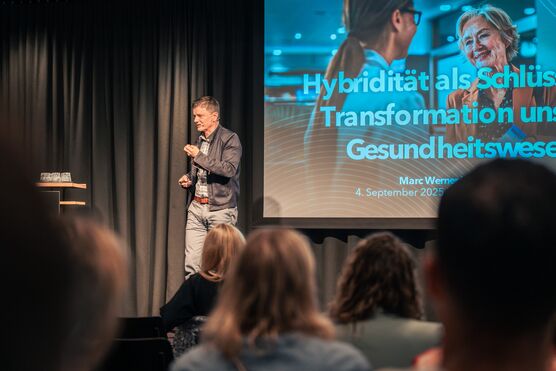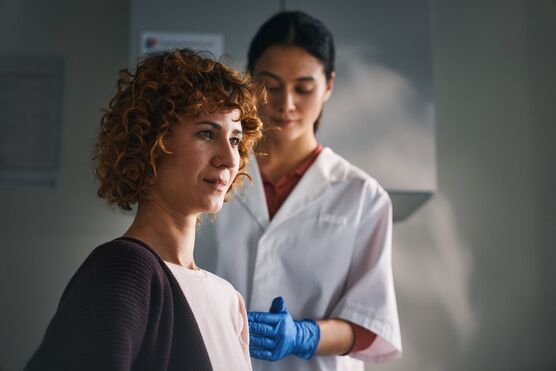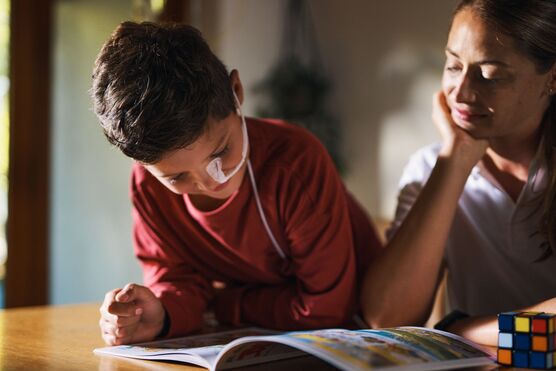
News 2025/05/09
The pharmacy is becoming the first point of contact for health issues
With long waiting times for GPs and overcrowded emergency departments, many people are looking for faster access to medical assistance. Pharmacies are playing an increasingly important role in this. Galenica shows how pharmacies can meaningfully relieve strain on our healthcare system.
Here is a brief summary of the most important points:
- Under the name “Consultation plus”, clients can seek in-depth advice on acute health problems.
- Pharmacies in the Galenica network conducted over 193,000 consultations last year.
- Among the most common issues reported in consultations are erectile dysfunction, gastrointestinal complaints, skin problems and bladder problems.
- In addition to the consultations, the offer also includes vaccinations and preventive health services such as the HerzCheck®.
- An increasing number of health insurers are covering the services under their basic or supplementary insurance models.
People who go to the pharmacy don’t always need a packet of pills. It is increasingly common to ask questions such as: “What can help soothe this sore throat?” – “Is this just irritation or something serious?” – “Is it a good idea to get vaccinated against the flu?” - “Do I have to go to the doctor?” Questions like these are increasingly being asked directly to the pharmacy team.
Galenica has created a framework for this with Consultation plus: consultation, testing and, if needed, an appropriate medication, including prescription medications – all on-site, without a doctor’s appointment. “Many people are happy to receive help in a quick, easy and straightforward way. Demand for consultations of this kind is increasing,” says Yves Platel, manager of the Amavita pharmacy at Zurich main station.
Direct interaction, real relief
The offer is based on a simple idea: many health concerns can be resolved quickly and effectively there and then in the pharmacy – without having to visit a doctor. Pharmacies are usually close by, have long opening hours and are accessible to everyone. In discreet consultation areas, symptoms can be investigated, minor examinations carried out or inflammation levels measured. Special consultation rooms and diagnostic tools such as otoscopes, blood glucose meters and rapid tests for inflammatory markers are available for this purpose. r.
Over 193,000 consultations per year
Last year, more than 193,000 in-depth consultations on acute health problems were held in pharmacies in the Galenica network. This includes blood and urine tests, wound care and consultations on skin problems. In addition, our specialists administered over 50,000 vaccinations and carried out numerous preventive health tests such as HerzCheck® and AllergyCheck®.
Among the most common issues reported in consultations are erectile dysfunction, gastrointestinal complaints, skin problems and bladder problems. This comes as no surprise to Yves Platel: “The advice is low-threshold and discreet – for many people, going to the pharmacy is less of a hurdle than going to the doctor.”
A step towards future-proof care
The concept is also popular in the field of health policy. Some health insurers welcome the approach and cover some of the costs because it helps to conserve medical resources and avoid unnecessary emergency visits.
“Our aim is not to replace GPs, but to close gaps in care – where assistance is needed quickly,” says Anne-Laure Pasteur, who is shaping the future of the Health Service Expert sector at Galenica as a pharmacist.
How Consultation plus works
What complaints can the pharmacy help with?
The offer ranges from hives to sleep disorders and from bladder complaints to skin problems. When booking appointments, you can see which pharmacy offers which advice.




